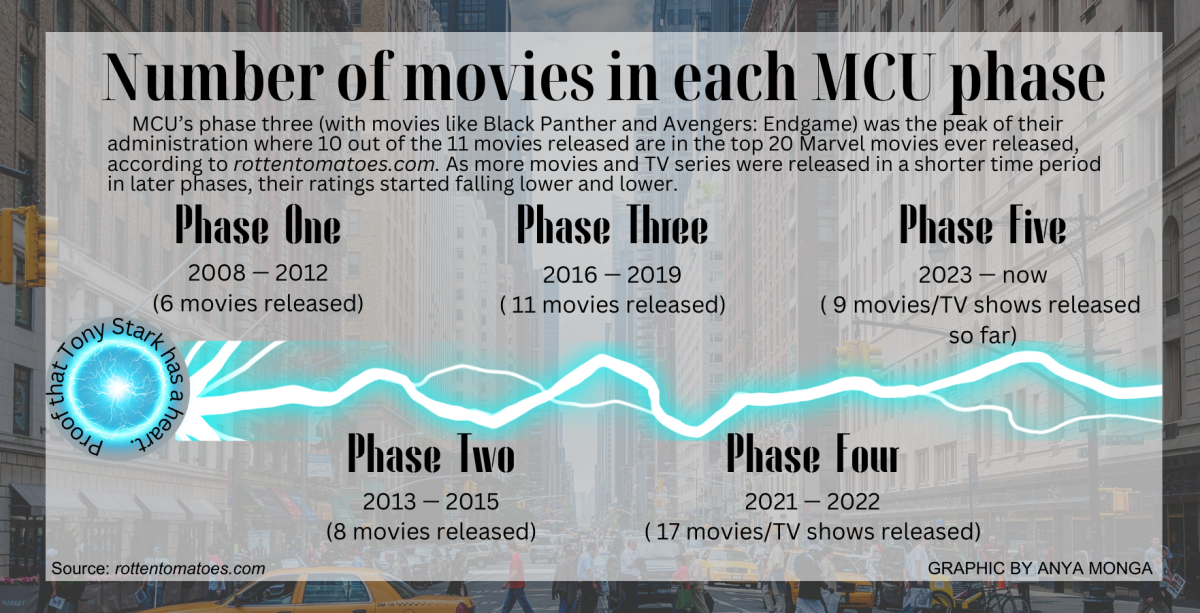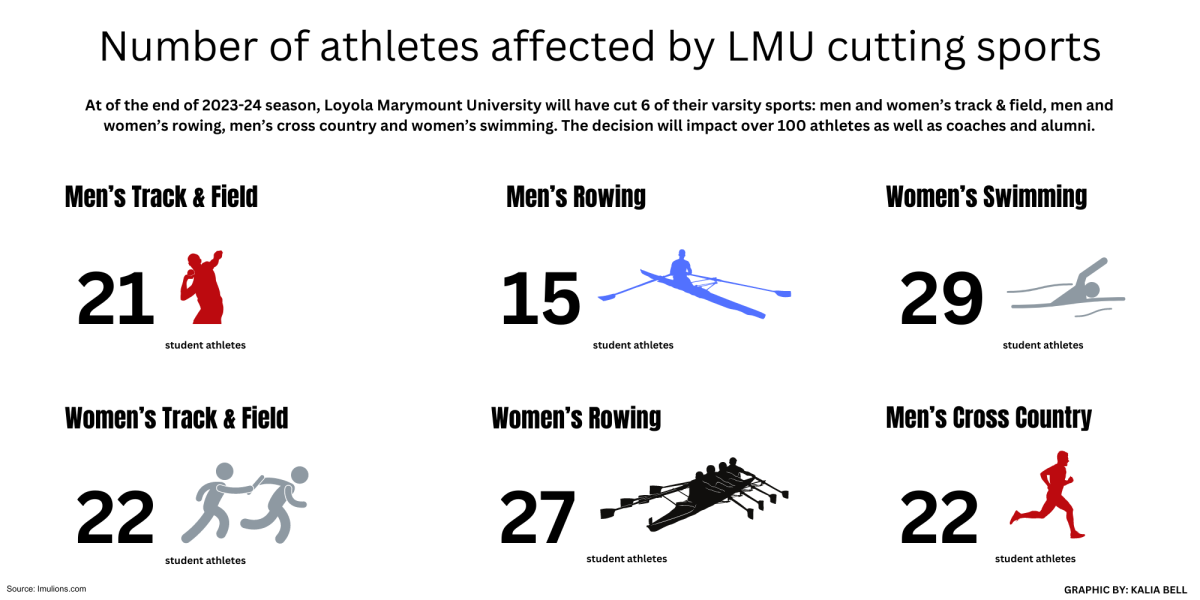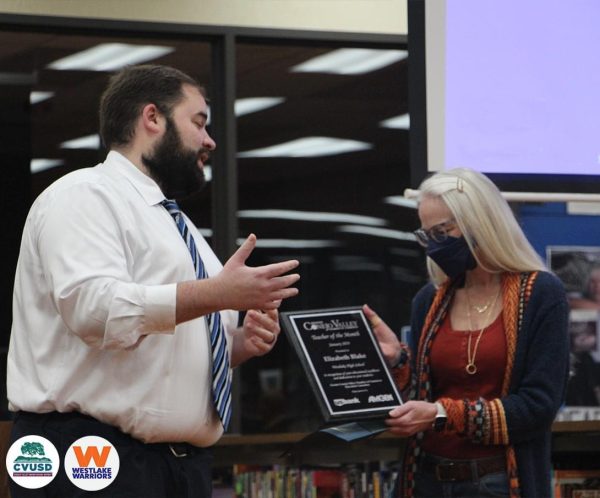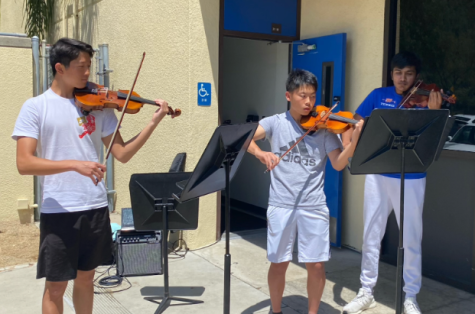Social changes take place across North America
PHOTO COURTESY OF WIKIMEDIA COMMONS (CC BY 2.0)
MARCHING FOR PRIDE: Peaceful rally participants marching through Mexico City during an LGBTQ+ Pride Parade.
On Oct. 26, 2022, same-sex marriage was officially made legal throughout all of Mexico.
Although the Supreme Court declared state laws preventing same-sex marriage unconstitutional in 2015, some states took several years to adopt laws conforming with the ruling.
Tamaulipas was the last Mexican state to officially legalize the wedding of same–sex couples on Oct. 26, with a vote of 23–12 and two abstentions. With the Southern state of Guerrero also codifying on Oct. 25 and the state of Tabasco the week prior, it is now legal in each of Mexico’s 32 states for same-sex couples to marry.
“I am happy with the way things are changing,” said Alyssa Jackson ‘23. “With all the steps we have been taking backwards, like with [the overturning of] Roe v. Wade, this is definitely a success, especially for the LGBTQ+ community.”
Many have responded to the events in Mexico with extreme positivity, chanting and parading throughout the streets.
“The whole country shines with a huge rainbow,” said Arturo Zaldívar, the president of the Supreme Court of Justice of the Nation of Mexico, in a Twitter post. “Live the dignity and rights of all people. Love is love.”
However, even as progress is made elsewhere in the world, LGBTQ+ rights and transgender equality may be under threat in the United States. Because Roe v. Wade, the case debating the legality of abortion, was founded on the same underlying principles and reasonings as Obergefell v. Hodges, the case recognizing same-sex marriage in the U.S., some fear that Roe v. Wade being overturned will cause the court to reevaluate the latter.
“With Roe v. Wade being turned over, it does pose rumors and would make anyone who is part of the LGBTQ+ and trans community scared that [same-sex marriage] could be next,” said Jackson. “With the most conservative court to date … it’s scary to think that it could be a possibility, but with the way things are going right now you never know.”
Similarly, people are beginning to question the current standing of transgender people in U.S. society and the rights and privileges that they possess. Nikita Dragun, a popular internet user who identifies as a trans woman, was placed in the men’s unit of a prison after being detained in Miami.
“It is wrong,” said Jackson. “Obviously [Nikita Dragun] was in the wrong with what she did, but I definitely don’t think that she should have been placed in a male facility. She should have either had her own space or gone where she identifies because it’s very apparent who she is. It’s not like she just said that she is another gender out of nowhere, it’s clearly her lifestyle.”
Although the recent decisions in Mexico are victories for the LGBTQ+, the events in the U.S. have brought up the fact that the rights of these communities are no longer as solidified as they should be.
Your donation will support the student journalists of Westlake High School. Your contribution will allow us to purchase equipment and cover our annual website hosting costs.

she/her
Hi! I’m Sydney Elias, and I am currently The Arrow’s featured columnist and social media manager. I enjoy journalism as it provides me with...

































